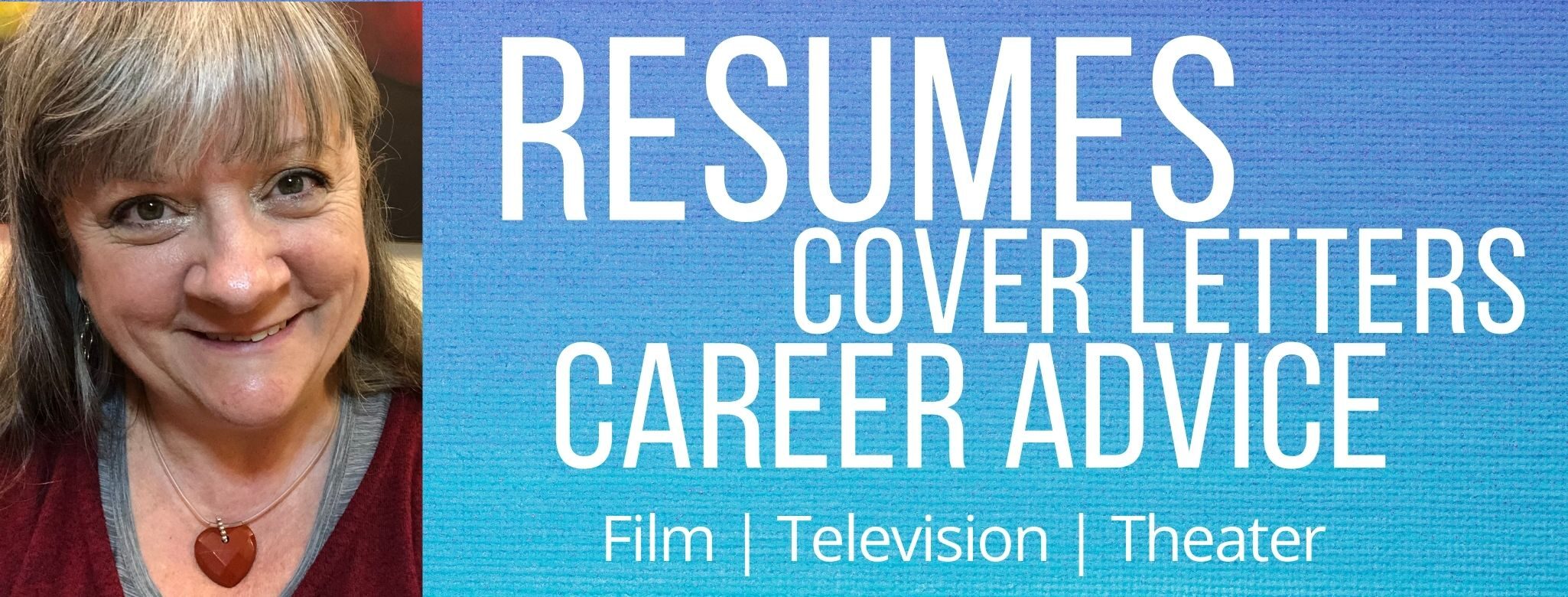I’ve been a member of the Women in Media writers’ program for a couple of years now, and I love it. The various members of my feedback group – which has not been static – have all been extremely talented and extremely kind. The feedback is always in the direction of improving our writing – it’s never petty or mean spirited and that has been absolutely crucial.
The other writers’ group I am in, and perhaps that is too formal a term for it, is a Facebook group called Writers Helping Writers. I rarely comment, mostly because I notice that there are always many, many answers to each person’s question and I rarely have anything different to add. Instead, I tend to Like the comments that are what I was coming there to say. It’s rare that I see a post so quickly that I can add anything substantial to the discussion. Again, the main intention is to be helpful. People offer suggestions from their experience and there is a remarkable level of unanimity on most issues. I’m not sure if that means that we’re all right most of the time, or if it means that dissenting voices stay quiet. But for the most part the questions are about practicalities rather than aesthetics. It’s nice to have someone with knowledge giving advice about pitfalls and traps to be avoided.
I recommend being part of a writers’ group if you aspire to professional writing – any kind of writing that involves submitting in a competitive way or having strangers look at your work. Of course, after a very short time the people in your writers’ group won’t be strangers, but they will have good ideas to help you move forward with your work, and it is always useful to practice showing your work to people outside of your immediate family.

Photo Credit: Diva Plavalaguna (https://www.pexels.com/@diva-plavalaguna/)
Here are things to consider as you choose a writers’ group that will work for you:
1/ What are your goals? It’s important to know what you expect to get out of a group.
Perhaps you want a group as an accountability buddy that will encourage you to actually get down to writing. Writers are notorious procrastinators. We all know that if a writer is cleaning their house that means they have a deadline coming up. If this is part of your goal, choose a group that has a regular posting schedule and high expectations that members will meet those obligations, rather than a more freewheeling “whoever’s here can submit” structure.
Is your goal the development of overall writing skills? In this case it’s important to find out what kind of feedback the members offer. You will want to look for people with a variety of experience levels. Listen for people giving feedback about overall story structure or asking questions about back story and character arcs. Discover whether you can ask for vocabulary advice.
What about professional development? Look for a group with members who have been writing longer, have published works, or have had success with selling screenplays or pilots. Perhaps some of the members are college faculty.
Is your goal support in making submissions or polishing work, as distinct from early development and first draft feedback? It may be that what you’re really looking for are alpha or beta readers, or a developmental editor. Usually in writers’ groups you are only submitting and reading short sections of people’s work in each meeting. However, in my group people do bring early treatment ideas and projects still in planning stages for discussion.
2/ The structure of the group and its meetings
Do you want to meet with the same small group on a regular basis or are you looking for a more revolving rotating group with freshness and larger membership? It’s a question of intimacy versus the ability to receive all kinds of different feedback.
How are the meetings structured? Do you submit pages to be read in advance and then dive straight into feedback during the meeting, or do you read your own pages aloud, or in the case of screenplays or plays do you cast from within the group and then read those pages? This is what we do in my writers’ group.
How many different people submit in each meeting? How many pages will each person submit? This becomes a factor relating to the amount of detailed feedback any one person can receive. There’s no right or wrong way to do it, just what is going to work for the members of the group.
3/ Time commitment
How often will you meet? How long will each meeting be? How flexible are the start times end length of meetings? They may be the most wonderful people in the world but if they want you to get up at 5:00 on Saturday morning and you’re a night owl it’s not the right group.
4/ How do you feel when you are there?
It’s important to have a level of trust in the people in the group and not to be made to feel uncomfortable beyond what is reasonably to be expected when you’re putting your precious baby out there to be examined. Of course, it’s always uncomfortable to be told what’s wrong with your project or have people express that things aren’t working for them. But there are ways of expressing that are kind while still being honest and there are ways of saying things that are mean spirited hidden under the guise of bluntness or honesty.
If you consistently feel the feedback is hard but fair and that you can think things over and either accept or reject the feedback, then it’s probably a good fit that will ultimately help your writing improve and become more what you’re looking to make it be.
However, if you consistently feel uncomfortable, that’s a bad sign. If there are people or even a single individual in a group and you feel relieved when they don’t attend for some reason, that’s a good clue that this may not be the right group for you. If you feel defensive or crushed even after having had time to think about it for a while, perhaps the feedback is not the kind that you’re looking for. For example if you’ve asked people to focus on a particular character or the dialogue in a scene but they come back with broad based critiques about the entire story structure or the world building or other aspects and you feel called to defend yourself rather than give it time to sink in, or if you’ve had time and you don’t understand why they are saying this kind of thing consistently, it may be that they are not the right fit for you.
On the other hand, you might find the criticism too wishy washy for you. You may want more directness, more bluntness, more incisive analysis versus a broad feelings-based response to your work.
Ultimately the feedback should make you want to write more, not quit writing.

Photo credit: cottonbro studio (https://www.pexels.com/search/cottonbro%20studio/)
5/ Give it a fair trial.
Unless the initial feedback is egregiously horrible, or you immediately feel that the personalities in the group thrive on sarcasm, basically any really visible problem behaviors that are instant red flags, give the group a chance. One twitchy session does not mean that the group will consistently be unpleasant. It takes time to fit in with a group of people who may have known each other for a while. I would say give it a bit of time to have at least seen most of the members submit work and give and receive criticism before you determine that it’s absolutely not going to work for you.
And finally, remember that these are colleagues not friends, although they may become friends, and remember to consider this – critique not destruction. The goal is not to remove your competition from the pool, but to uplift everybody. “A rising tide raises all boats” is a good motto for a writers’ feedback group.
You could have read this blog post early, and gained access to my PDF list of resources for writers if you were a subscriber to my list. Go here to sign up.
Need help with your resume? Email me to get the process started.

